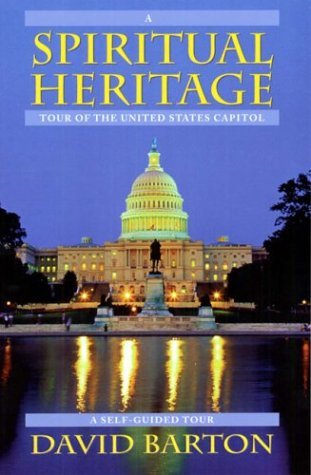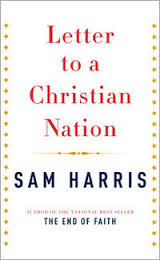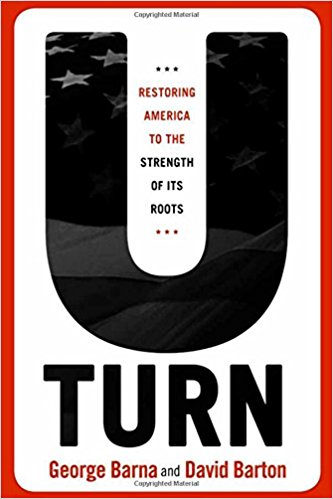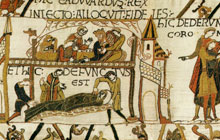A major argument defending America as a Christian nation stems from the U.S. Constitution’s First Amendment. The First Amendment states:
Congress shall make no law respecting an establishment of religion, or prohibiting the free exercise thereof; or abridging the freedom of speech, or of the press; or the right of the people peaceably to assemble, and to petition the Government for a redress of grievances.
On the one side, those who press the “Christian nation” view state that this amendment guaranteed protection for the various Christian denominations then present in the nation. They go on to claim that the Founders meant to guard citizens from the difficulties faced in European countries, where one form of religion or another had become state-sanctioned.
However, the other side would assert that this was a generic freedom, not restricted to or specifically promoting the Christian faith.
The following video from “The Thinking Atheist” will present this argument.
Many would disagree and claim that when the authors of the First Amendment to the Constitution had a very clear understanding of a “separation of church and state” that was founded on Judeo-Christian theory going back many centuries. David Barton gives an overview of this argument in the following video:
To add nuance to this debate, it should be noted that the founders did not consider it a violation of the First Amendment to call for days of prayer and fasting, to start sessions of Congress with prayer, to promote the distribution of Bibles, to include references to God in official oaths of office, or even to allow for church services in the Capitol building itself.
Thus, when determining whether or not America is a “Christian nation,” one of the primary debates concerns this founding document—what influence do you believe the First Amendment has on our question?









